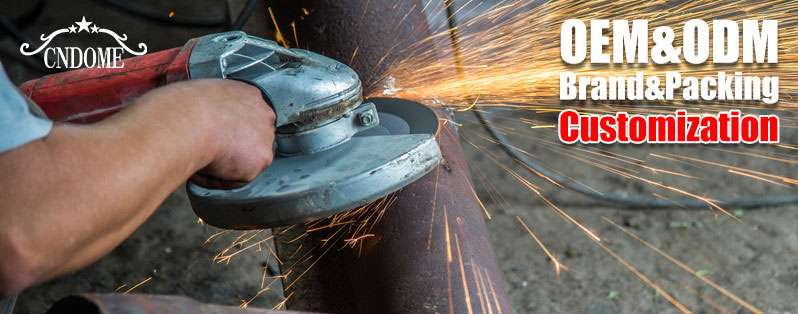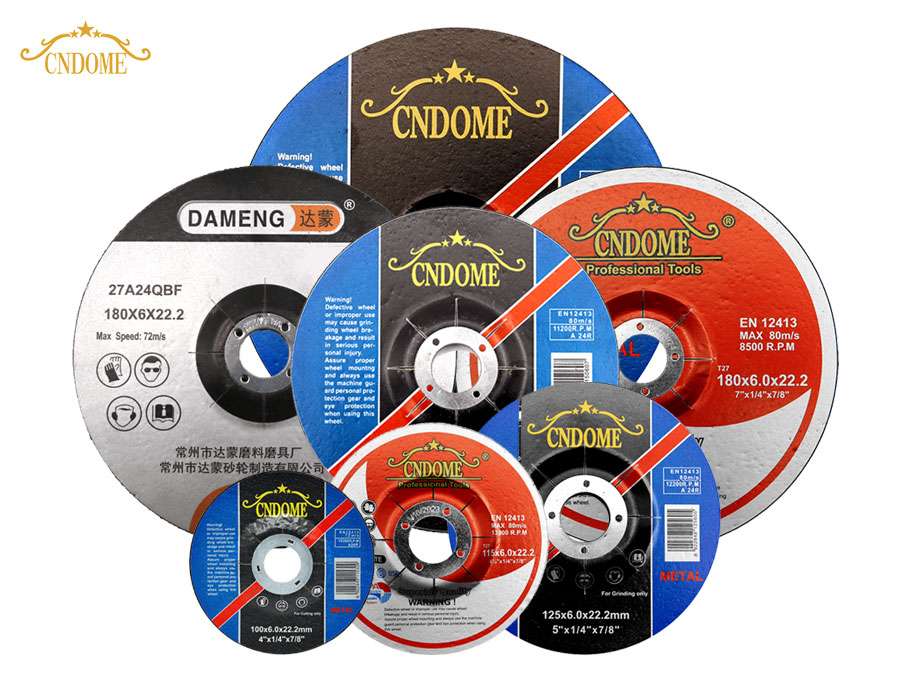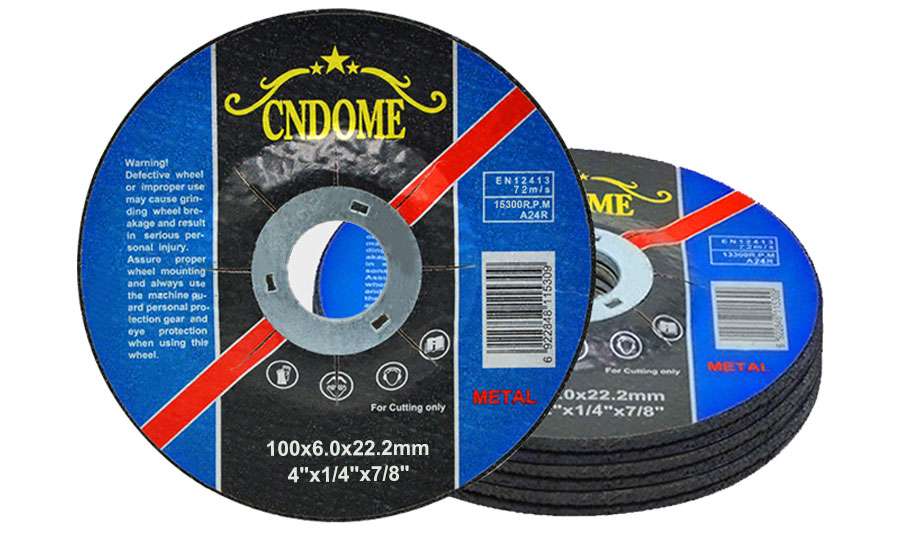Importing goods into any country requires navigating a series of regulations and procedures, and Egypt is no exception. If you’re looking to importing grinding wheels into Egypt, here’s a comprehensive guide to help you through the process.
Step 1: Understanding Regulatory Requirements
Before starting the import process, familiarize yourself with Egypt’s import regulations. Grinding wheels may be classified under machinery or industrial tools, which means they must meet specific standards.
- HS Code Classification: Determine the Harmonized System (HS) code for grinding wheels. This code is essential for customs documentation and tariff calculations.
- Quality Standards: Ensure that the grinding wheels comply with Egyptian standards. The Egyptian Organization for Standardization and Quality (EOS) is the body responsible for setting and regulating standards.
Step 2: Registering as an Importer
To import goods into Egypt, you must be a registered importer. Here’s how:
- Commercial Registration: Obtain a commercial registration certificate from the General Authority for Investment and Free Zones (GAFI).
- Tax Registration: Register for a tax identification number (TIN) with the Egyptian Tax Authority.
- Import License: Acquire an import license from the General Organization for Export and Import Control (GOEIC).
Step 3: Documentation Preparation
Prepare the necessary documentation for the import process. The required documents typically include:
- Commercial Invoice: This document should detail the value, quantity, and description of the grinding wheels.
- Bill of Lading: This document is issued by the shipping company and confirms the shipment of goods.
- Packing List: A detailed list of all items in the shipment, including their weight and dimensions.
- Certificate of Origin: Issued by the exporter, this document certifies the country of origin of the goods.
- Import Declaration: This is a form submitted to Egyptian customs to declare the imported goods.
- Quality Certificates: Any certificates proving the grinding wheels meet Egyptian standards.
Step 4: Compliance with Customs Regulations
Customs clearance is a critical step in the import process. Here’s what you need to do:
- Customs Duty Payment: Pay the applicable customs duties and taxes. The rates depend on the HS code and the trade agreements Egypt has with the exporting country.
- Inspection and Approval: The shipment may undergo inspection by customs officials to verify the contents and compliance with regulations.
- Customs Release: Once the duties are paid and the inspection is cleared, customs will release the goods.
Step 5: Logistics and Distribution
After clearing customs, you need to arrange for the transportation and distribution of the grinding wheels within Egypt:
- Transport: Hire a logistics company to transport the grinding wheels from the port to your warehouse or final destination.
- Storage: Ensure you have adequate storage facilities to keep the grinding wheels safe and in good condition.
- Distribution: Plan the distribution to your clients or production units.
Additional Tips
- Consult a Customs Broker: If you’re unfamiliar with the import process, consider hiring a customs broker to handle the paperwork and ensure compliance with all regulations.
- Stay Updated: Import regulations can change, so it’s crucial to stay informed about any updates from Egyptian authorities.
- Build Relationships: Establish good relationships with suppliers, shipping companies, and customs officials to streamline the import process.
Conclusion
Importing grinding wheels into Egypt involves navigating a series of regulatory, documentation, and logistical steps. By understanding and complying with the required procedures, you can ensure a smooth import process, bringing your products into the Egyptian market efficiently and legally.



